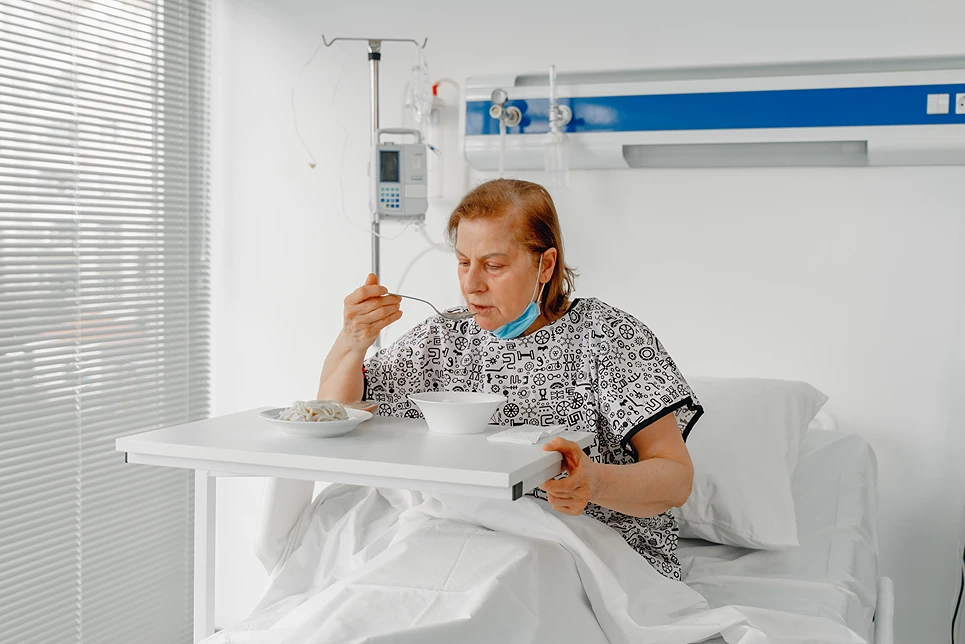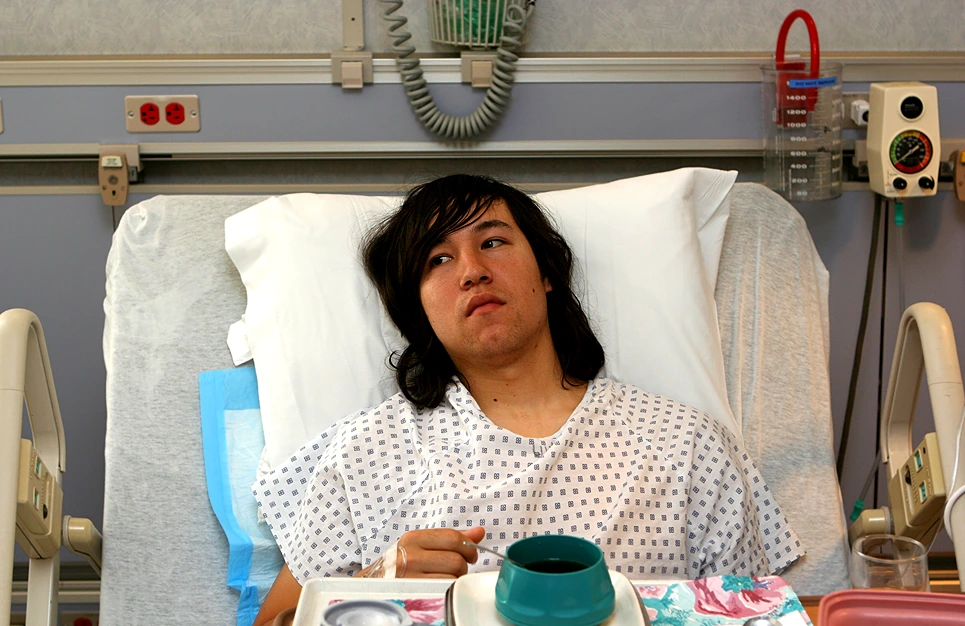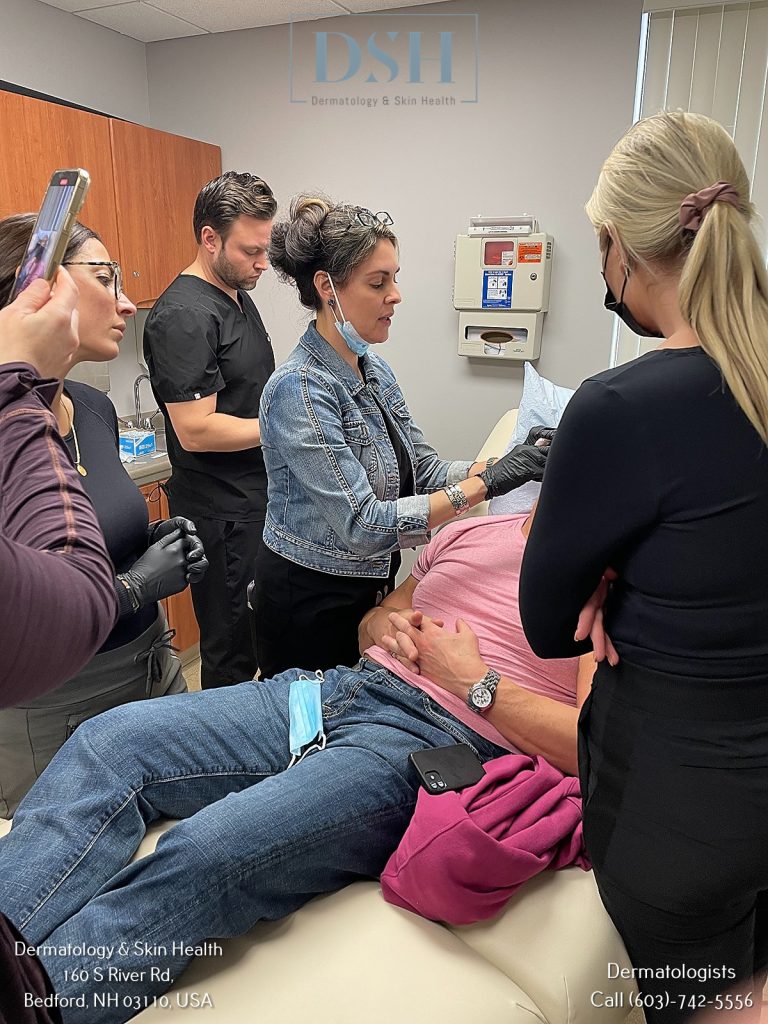


Feeling tired after Mohs surgery is normal due to various reasons. Your body is working hard to heal, using up energy in the process.
Anesthesia and pain medications can also contribute to your fatigue. Emotional stress and anxiety are factors as well.
Additionally, medications commonly cause fatigue as a side effect. To recover, focus on rest, hydration, and eating well. Understanding these factors can help you address your fatigue and regain your energy.
Mohs surgery involves removing thin layers of tissue until the cancerous area is clear. This staged procedure ensures precise removal of cancer cells.
Anesthesia is used to minimize discomfort during tissue removal. Post-operative care instructions should be followed for proper wound healing.
Rest, hydration, and nutrition are essential for coping with physical and emotional demands after surgery. Managing fatigue is crucial during the recovery process.
After Mohs surgery, fatigue is common due to the body's healing process and energy expenditure. Anesthesia, pain medications, and blood loss during surgery contribute to feeling tired.
Rest, hydration, and nutrition are crucial for overcoming post-surgery fatigue.

After Mohs surgery, it's crucial to manage symptoms like fatigue, pain, and discomfort effectively.
Fatigue can result from various factors such as procedure stress, anesthesia effects, blood loss-induced anemia, and medication side effects. Rest, hydration, and following post-operative care instructions are key to recovery.
Prioritize rest, stay hydrated, and follow your doctor's guidance to reduce fatigue and recover faster.
Experiencing emotional responses after Mohs surgery is common and can be influenced by individual factors and coping strategies.
Anxiety may arise from emotional stress and anticipation, but techniques like rest, meditation, and deep breathing can help manage it.
Fatigue after surgery is normal due to the stress and healing process, and staying hydrated and engaging in light physical activity can alleviate it.
Frustration might stem from discomfort or unmet expectations, but reframing thoughts, positive self-talk, and having a support system can aid in coping.
Recovering from Mohs surgery can lead to feelings of exhaustion due to various factors. These factors include the side effects of medications and the body's healing process.
Medications prescribed after surgery can cause fatigue as a common side effect. For example, painkillers and antibiotics may contribute to tiredness.
Additionally, the body requires energy to heal and repair tissues, leading to increased fatigue levels. Rest and proper nutrition can help manage fatigue and support a faster recovery process.
Medication Side Effect: Drowsiness
Medication Side Effect: Anxiety and Stress
Medication Side Effect: Lack of Quality Sleep
Medication Side Effect: Anesthesia
The body's response to surgery can cause fatigue during post-operative healing. This fatigue is due to the energy needed for recovery and healing.
The immune response triggers inflammation, contributing to tiredness. This can also disrupt sleep, hindering proper rest for recovery.
Changes in diet, often due to pain, can affect energy levels. Emotional stress from surgery can also impact energy reserves.
To combat fatigue, prioritize rest, hydration, and nutrition. Rest allows the body to focus on healing, while hydration and nutrition provide essential recovery support.

Rest and relaxation are crucial for helping your body heal and combat fatigue. Prioritize self-care by getting enough sleep and taking breaks when needed. Examples of relaxation techniques include deep breathing exercises, meditation, or gentle yoga.
Avoid overexertion, as pushing yourself too hard can worsen fatigue. Listen to your body and don't hesitate to ask for help with tasks that require extra energy. For instance, consider delegating household chores or seeking assistance from family and friends.
Stay hydrated and maintain a balanced diet to support your recovery. Drink plenty of water throughout the day and focus on nutritious meals rich in fruits, vegetables, lean proteins, and whole grains. For a quick energy boost, snack on nuts, seeds, or yogurt.
Engage in light physical activity to improve your energy levels gradually. Start with short walks or gentle stretching exercises to build up stamina. Consult your healthcare provider before starting any new exercise routine to ensure it's safe for your recovery process.
Resting after Mohs surgery is vital for a smooth recovery. Here are essential tips to help you recover faster:
Self-care strategies can help speed up energy recovery and reduce fatigue post-Mohs surgery.
If your desired appointment type or preferred provider is unavailable online, kindly call (978) 525-0100 for Peabody, MA and (603) 742-5556 for all New Hampshire locations. Alternatively please feel free to send us your request via the patient portal, or via email at info@dermskinhealth.com
*For medical dermatology appointments in MA please dial (978) 525-0100 or fill out the appointment request form above.